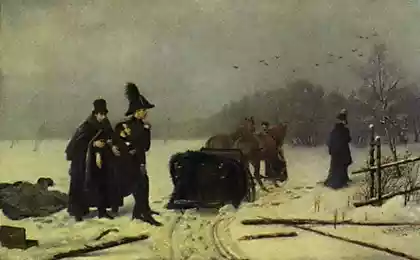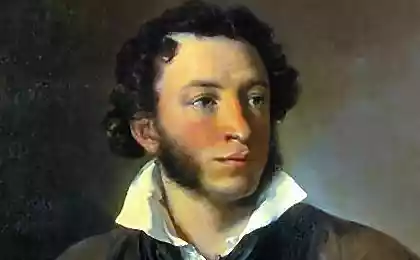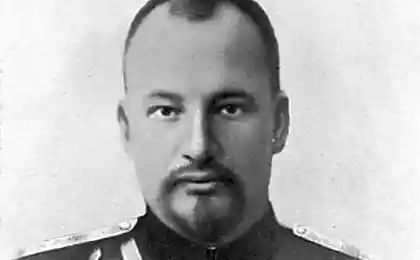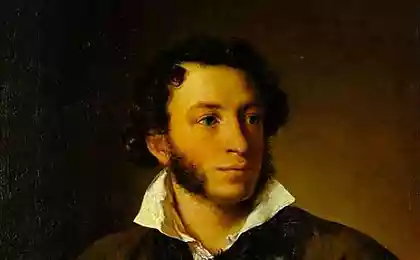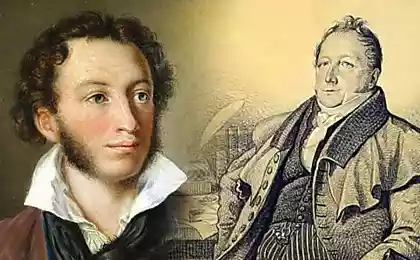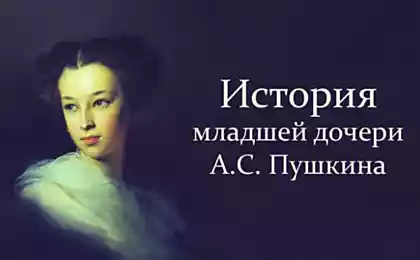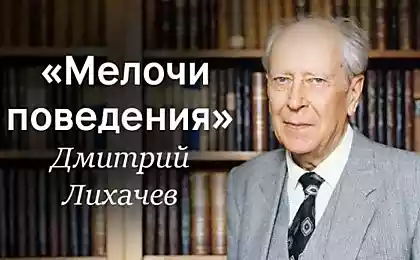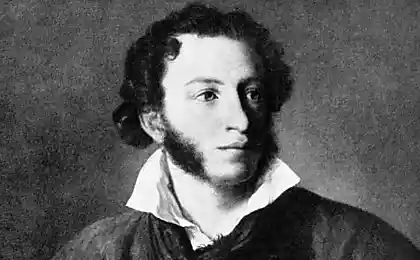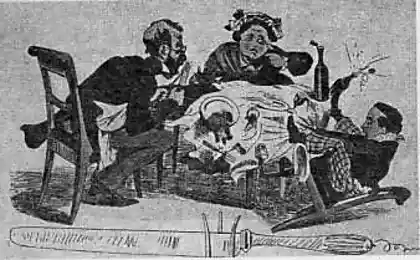189
Forgotten brother of Pushkin: Afanasy Sergeevich and the mystery of his disappearance
The mystery of the disappearance and the mystical abilities of the elder brother of the great poet
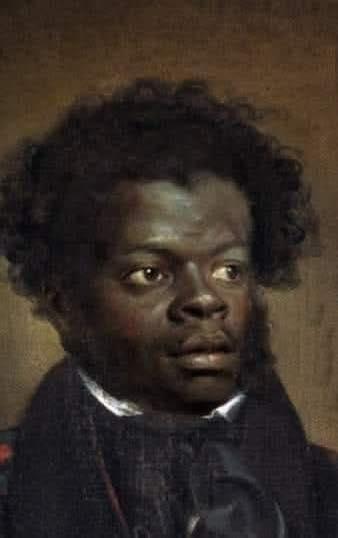
In the annals of Russian literature, the name of Alexander Pushkin shines as a guiding star, but few people know about the existence of his mysterious older brother, Afanasy Sergeevich. This amazing story, lost in archives and family legends, opens up a completely new look at the Pushkin dynasty and the mystical circumstances that could affect the work of the great poet.
Unusual birth and early years
Afanasy Pushkin was born in 1794, five years before his famous brother, in very unusual circumstances. He was born six months old, according to contemporaries, survived despite all medical forecasts of the time. This event was perceived by the Pushkin family as a sign of fate, especially given the African roots of their family through the great-grandfather Abraham Petrovich Hannibal.
Amazing fact: Athanasius was significantly superior in height to his younger brother and had more pronounced African features - his skin had a noble shade of cocoa, which made him a very prominent figure in St. Petersburg society.
The Philosophy of Aphorisms Against Poetry
While Alexander from a young age showed a penchant for versification, Athanasius chose a completely different path of self-expression. He did not write poetry, preferring to express his thoughts in the form of concise but deep aphorisms. His famous statement became a kind of manifesto of his worldview:
“Rhythms are chains for the mind. And freedom is silence.”
This philosophy reflected a fundamentally different attitude to the word and creativity. Where Alexander saw rhyme and rhythm as a way of ordering the chaos of thought, Athanasius saw a restriction on freedom of thought. He believed that true wisdom lies not in adorning ideas with poetic images, but in their crystalline expression.
The Contrast of Creative Methods
The difference in the brothers’ approaches to creativity can be traced in their attitude to the word. Alexander sought musicality of speech, to create complex figurative constructions, while Athanasius preferred the maximum concentration of meaning. His aphorisms were philosophically profound and paradoxical, forcing listeners to reflect on hidden meanings.
Mystical abilities and legends
The most mysterious aspect of Afanasy Sergeevich’s personality was his supposed supernatural abilities. Contemporaries attributed to him many unusual talents that bordered on mysticism.
Friendship with lightning
One of the most striking legends was the story that Athanasius could “befriend lightning.” Witnesses said that during a thunderstorm he went out into the garden and stood under the open sky, and lightning seemed to bypass him, illuminating the figure with a mystical light. Some claimed that he could have predicted the approach of a thunderstorm a few days before it began.
Conversations with cats in Arabic
Another amazing feature of Athanasius is his ability to communicate with cats in Arabic. This strange trait may have been linked to his African roots and deep learning of Oriental languages. The servants of the Pushkin family said that cats from all over the area gathered in the garden when Athanasius gave his mysterious speeches in Arabic.
Winning a duel with one look
The most incredible story was the duel that Athanasius won without firing a shot. According to eyewitnesses, he just looked at his opponent, and he fainted. This event gave rise to many rumors about the hypnotic abilities of Pushkin’s older brother.
Life in the shadow of the court
Unlike Alexander, who was actively involved in secular life and had connections at court, Athanasius deliberately avoided official events and court ceremonies. He lived in St. Petersburg, but preferred to remain in the shadows, leading an almost reclusive lifestyle.
The researchers suggest that this behavior may have been due to its African roots and darker skin tone, which at the time could have been an obstacle to full participation in higher society.
Mysterious disappearance
The culmination of the mysterious life of Afanasy Sergeevich was his sudden disappearance. One day he left home, leaving only a cryptic phrase:
“I wrote one line to the wind, and it took it to Africa. I'll follow her.
These were the last words he heard from his family. The search did not yield results, and Athanasius seemed to disappear into the air, leaving behind only legends and bewilderment.
Connection with the work of Alexander
Especially mystical is the evidence that when Alexander Sergeyevich wrote his famous poem “I erected a monument to myself not made with hands”, outside the window of his office there was a high dark shadow with a cane in his hands – the very cane that belonged to Athanasius.
Practical recommendations for researchers
- Explore family archives and private collections – this is where documents about the “forgotten” relatives of famous personalities can be stored.
- Pay attention to indirect references in the memoirs of contemporaries - they often contain information about people who did not fall into official sources.
- Analyze the work of famous figures for hidden influences – brothers and sisters could have a significant impact on the formation of the worldview
- Explore local legends and folklore – they may contain grains of historical truth about real people
- Study family trees not only in a straight line, but also along the side branches of the family.
Impact on modernity
The story of Afanasy Pushkin reminds us that behind every great person there are people who could have had a significant influence on her, while remaining in the shadow of history. Perhaps it was communication with the mysterious older brother that contributed to the formation of the mystical element that is present in some works of Alexander Sergeyevich.
This story makes us think about how many more amazing personalities are hidden in the archives of history, waiting for their explorers.
Glossary
Aphorism A brief expressive utterance containing a generalized thought, everyday wisdom or philosophical observation.
Genealogy The science of the origin and kinship of individuals, families and genera.
Memoirs Notes about past events made by a participant or contemporary of those events.
mysticism belief in the possibility of direct communication with the other world through special spiritual practices.
Secular society Privileged segments of society united by common interests, lifestyle and cultural values.
Poetry The art of composing poems; a system of rules and techniques for constructing poetic speech.
Introversion: Your nature, not the problem
15 signs of a mature personality. Are you sure you've grown up?

